The views expressed in our content reflect individual perspectives and do not represent the authoritative views of the Baha'i Faith.
Did Kahlil Gibran, the celebrated author of The Prophet, have a Faith?
Let’s ask the experts:
The people of Mount-Lebanon had struggled for several years to gain independence from the Ottoman rule, a cause Gibran was later to adopt and become an active member in. The Mount-Lebanon area was a troubled region, due to the various outside and foreign interferences that fostered religious hatred between the Christian, especially the Maronite sect, and Moslem populations, especially the Druze sect. Later in his life, Gibran was to seek to unite the various religious sects, in a bid to abolish the religious snobbery, persecution and atrocities witnessed at
his time. – Evangeline de Dios, The CSA Literary Apprentice.
Was Gibran a Christian? There is no doubt that he had accepted the Christian revelation, taking Jesus as an exemplar and the Bible as a treasury of revealed spiritual and moral truth. However, true to the followers of the Sufi path, he could not accept Christianity as exclusive. His was a firm belief in the unity of religion and the unity of being which directed his enthusiastic attention to universal ecumenicalism. His creed involved a diversity of strands of belief: the Upanishads; Syrian Neoplatonism; Judeo-Christian mysticism; Islamic Sufism; and the Baha’i teachings on universal love and the unity of religion as he heard them from Abdu’l-Baha. To these influences can be added those spiritual elements he gleaned from his reading of Ibn Sina, Ibn Rushd, Ibn al-Farid, and al-Ghazali. He forged his own personal spiritual philosophy in which he would connect all the traditions and join William Blake in declaring that “all religions are one.” – Kahlil Gibran, Man and Poet, Bushrui and Jenkins, p. 266.
And now let’s ask Gibran, through his own writings:
Oh Jesus, they have built these churches for the sake of their own glory, and embellished them with silk and melted gold. . . . They left the bodies of Thy chosen poor wrapped in tattered raiment in the cold night. . . . They filled the sky with the smoke of burning candles and incense and left the bodies of Thy faithful worshipers empty of bread. . . . They raised their voices with hymns of praise, but deafened themselves to the cry and moan of the widows and orphans. Come again, Oh Living Jesus, and drive the vendors of Thy faith from Thy sacred temple, for they have turned it into a dark cave where vipers of hypocrisy and falsehood crawl and abound. – Jesus, the Son of Man.
You are my brother and I love you. I love you when you prostrate yourself in your mosque, and kneel in your church and pray in your synagogue. You and I are sons of one faith. – The Spirit.
Spare me the political events and power struggles, as the whole earth is my homeland and all men are my fellow countrymen. – from a private letter.
Many times the Christ has come to the world, and He has walked many lands. And always He has been deemed a stranger and a madman…. Have you not heard of Him at the cross-roads of India? And in the land of the Magi, and upon the sands of Egypt? – Jesus, the Son of Man.
One’s own religion is after all a matter between oneself and one’s Maker and no one else’s. – from an interview.
Say not, “I have found the path of the soul.” Say rather, “I have found the soul walking upon my path.” For the soul walks upon all paths. – The Prophet.
Kahlil Gibran began his life as a Maronite Christian in Lebanon. Most would agree that he ended it in America as a follower and admirer of the core spiritual teachings of all mystical religions. His deep attraction to Abdu’l-Baha’s exemplary Baha’i life and teachings helped form Gibran’s unique approach to his art, and extensively influenced the creation of his two most important books – The Prophet and Jesus, the Son of Man.
In that sense — although he never formally declared himself to be a member of any particular faith group — the Baha’i ideals had a profound impact on Gibran’s creative work and his outlook on the essential unity of all religions.


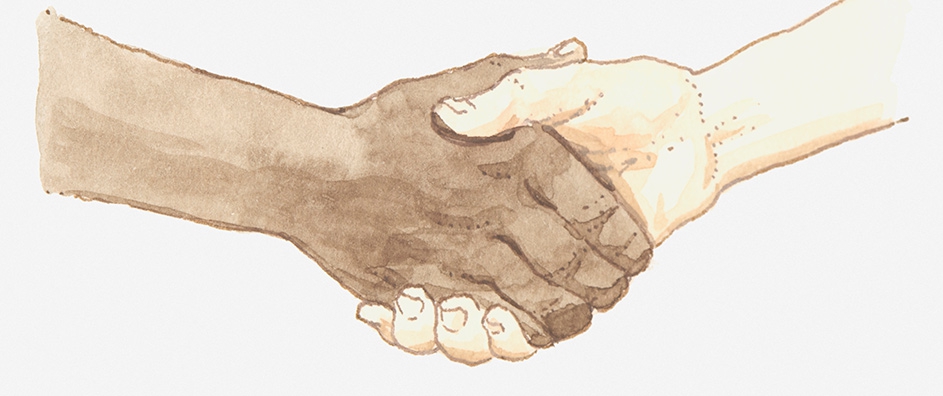
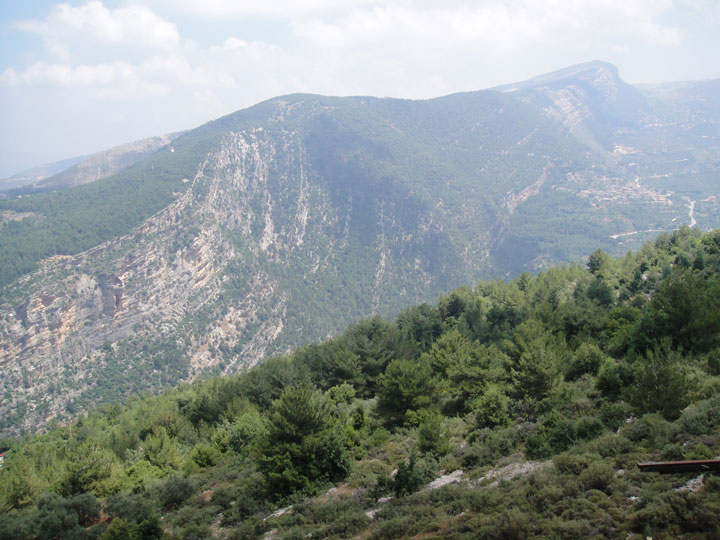
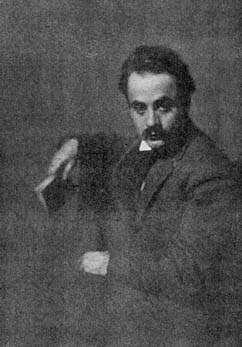


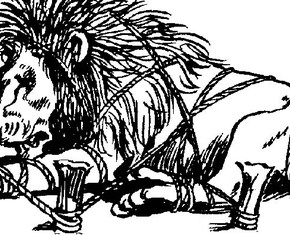
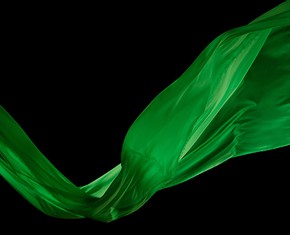









Comments
Sign in or create an account
Continue with Googleor